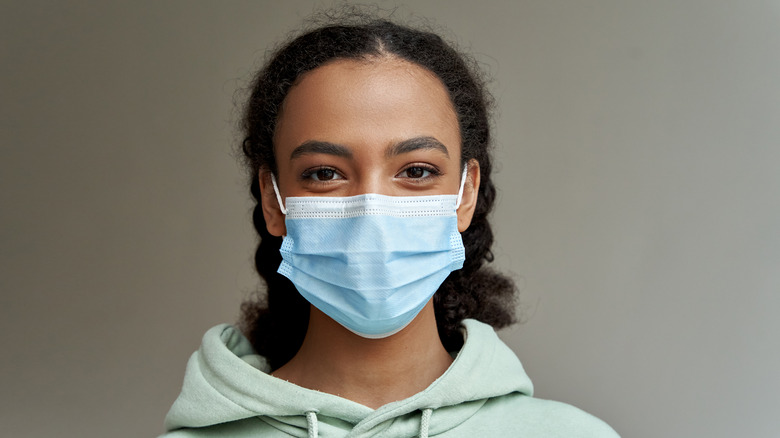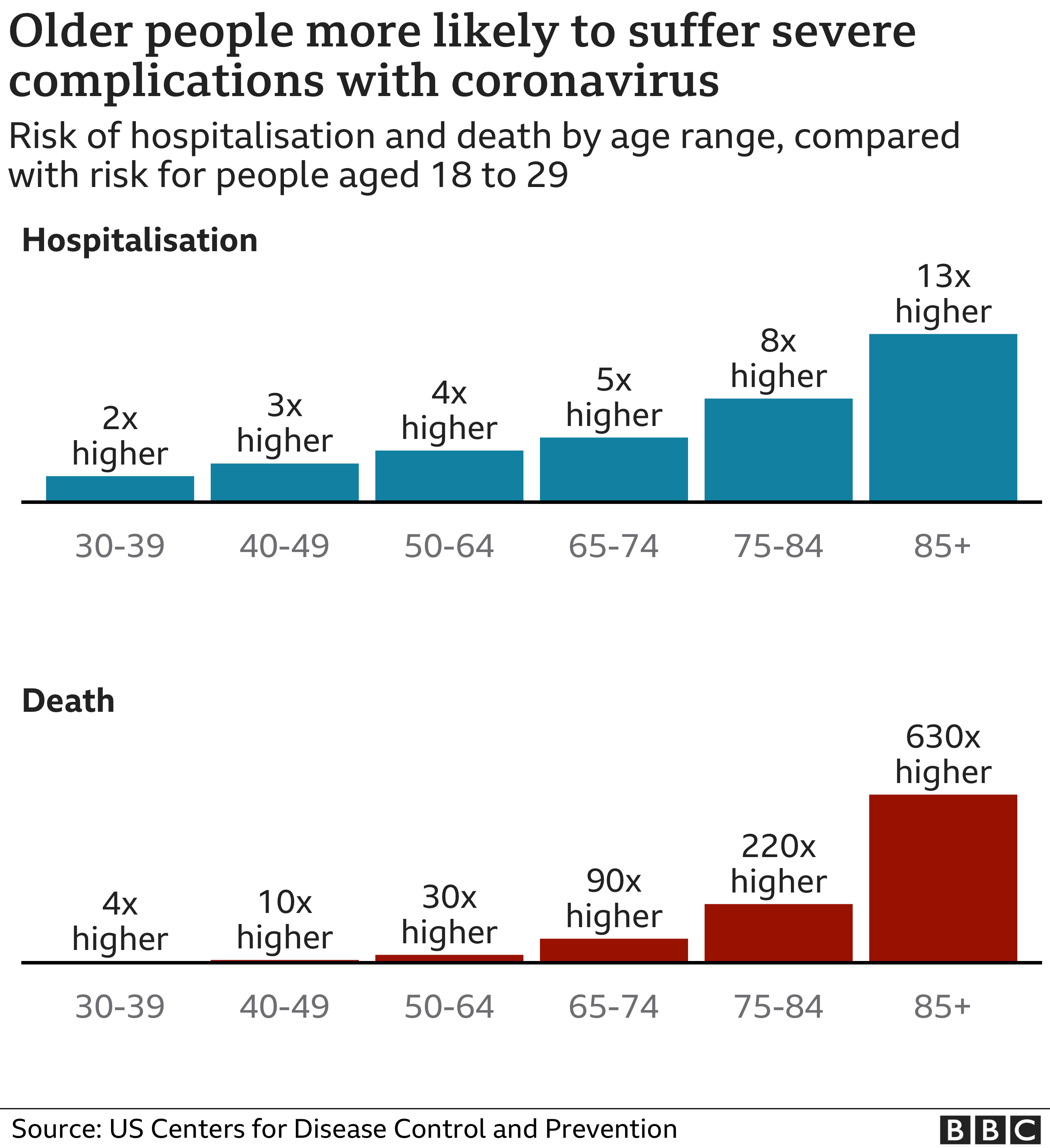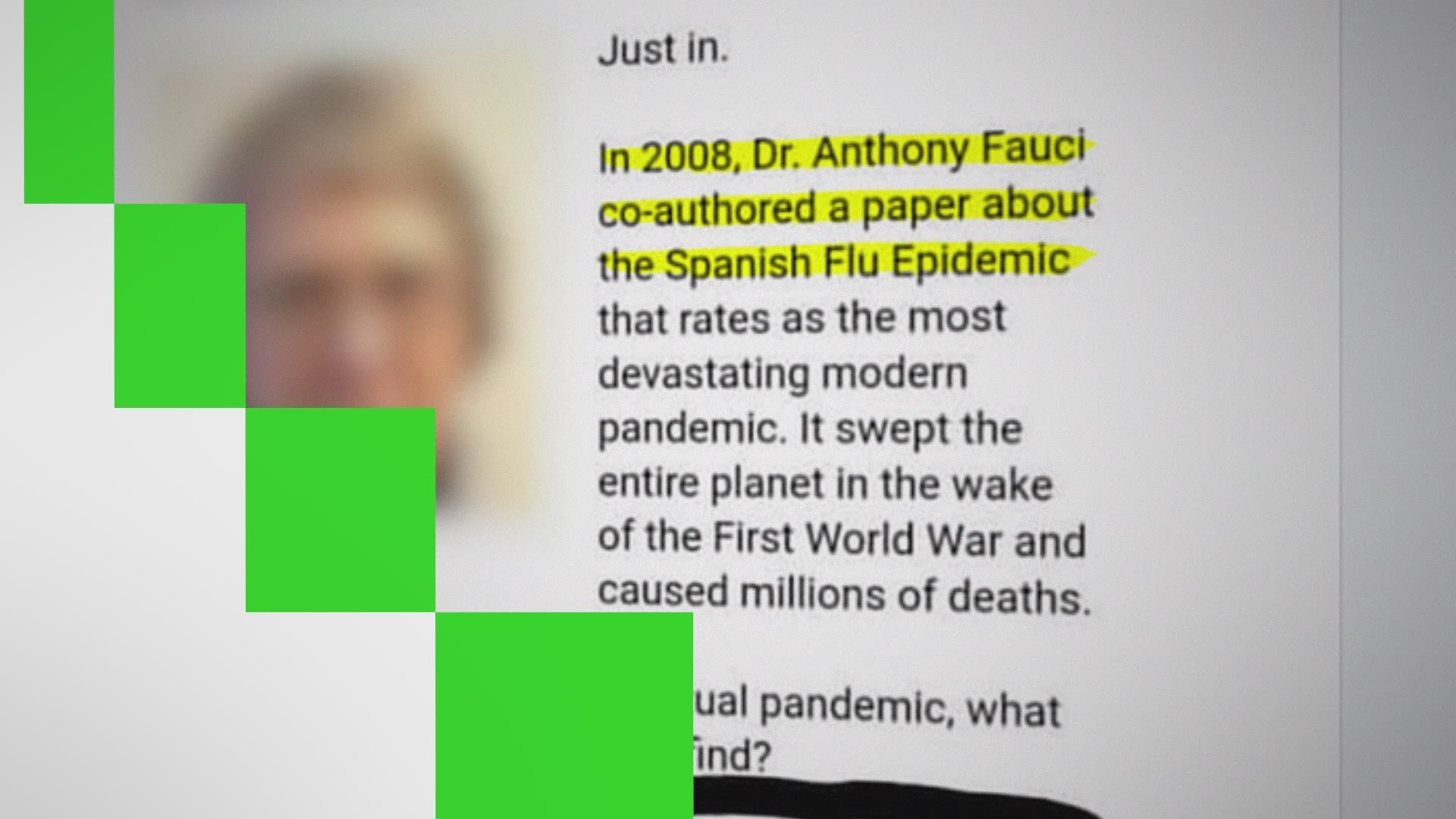

Safe, nurturing, responsive environments and interactions foster healthy brain development. "Learning doesn't start on the first day of school but the first day of life," says Suskind, author of the new book "Parent Nation," which pairs stories and science about early childhood development with a call to action to ease the burdens of parenting in the USA.Įvery emotional experience – every environment, every interaction – gives instructions to a young child’s brain, telling it which neuronal connections to make stronger and which it doesn't need and can prune away. At least 85% of its development occurs before age 5, and the majority occurs in the first few years of life. More than 1 million neural connections are formed every second, laying down the infrastructure of the brain.


What transpires over the next three years is what, experts say, makes them the most critical period in a person’s development. Our intelligence and capacities as a species require a brain far too large to sustain in utero. According to Suskind, evolution made a trade-off: Human brains are born underdeveloped, with billions of unconnected neurons, and caregivers are expected "to help finish off the job." "Learning doesn't start on the first day of school but the first day of life," says Dana Suskind, a University of Chicago surgeon.
After effects of covid on toddlers how to#
Pandemic babies: How to teach them good behavior and social skills "With children, it shows up primarily in their behavior.” “When we disagree, we can say we disagree.

“We (adults) have the language to express what it is we’re feeling, what it is we’re thinking,” says Jamiylah Miller, an advocate in Norristown, Pennsylvania, who provides home-based education under Early Head Start, the federal learning program for families from pregnancy to age 3. Many early childhood experts say more children are not as good at playing with one another, or at any activities that involve sharing or paying attention. “It sucks up everything really good and everything really bad.” “The infant-toddler brain is the best sponge you could ever buy,” says Rahil Briggs, who oversees HealthySteps, a national program that provides early childhood development support to families at their pediatric visits. In many cases, the adults in their lives have suffered unrelenting and unprecedented levels of emotional or financial stress – stress pandemic babies have absorbed when their brains are developing at a faster rate than at any other point in the human experience. Experts note many children have had uneven access to health and child care and relatively little exposure to the outside world. It's unclear how much the COVID-19 pandemic and related economic fallout are to blame. They're more prone to certain behaviors, such as outbursts, physical aggression and separation anxiety. “She doesn’t know how to work through her emotions,” says Jillian RainingBird-Minme, CJ’s adoptive mom.Įmerging evidence reveals an uptick in developmental delays and challenging behaviors in children belonging to the “ COVID generation.” Born during or shortly before the pandemic, many of these children are talking, walking and interacting later and less frequently. When she’s uncomfortable or upset, she screams at a pitch that pierces the ears. She doesn’t talk a lot and sometimes needs to be dragged into her new preschool. She lacks a sense of personal boundaries and often clings to those around her. CJ RainingBird plays in downtown Kansas City, Mo., on April 27.


 0 kommentar(er)
0 kommentar(er)
